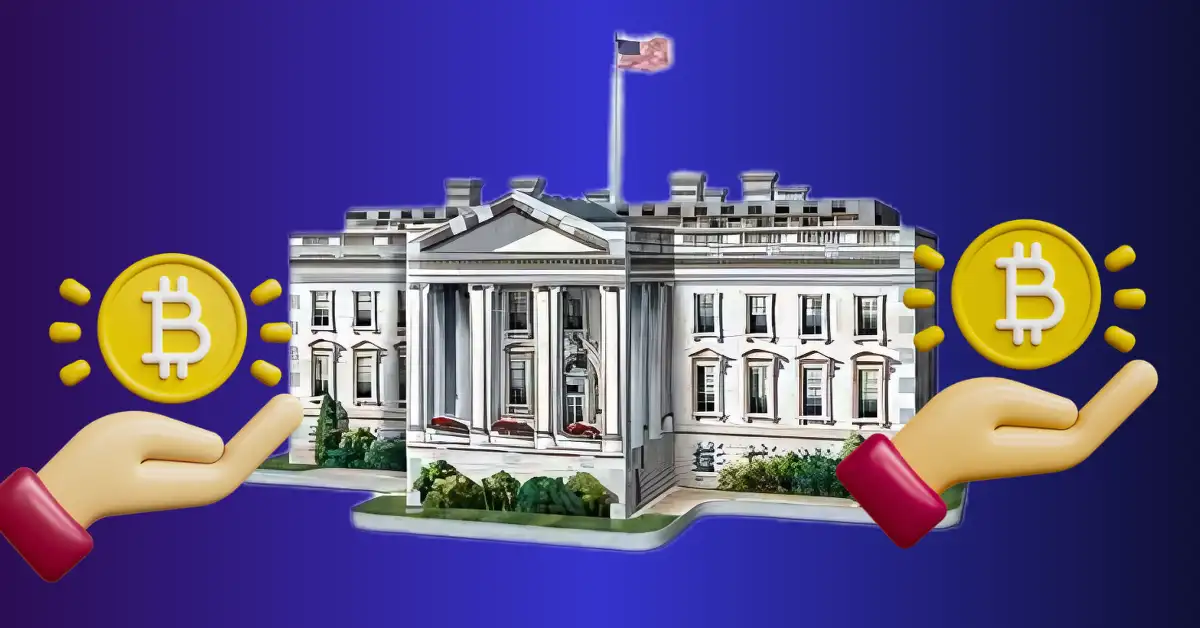
The rapidly evolving world of cryptocurrency is about to witness a major transformation. A new U.S. Senate crypto bill, spearheaded by Senator Cynthia Lummis, is introducing game-changing updates for tokens, NFTs, and Decentralized Finance (DeFi). This landmark draft aims to limit the power of the Securities and Exchange Commission (SEC) while setting clear rules and offering vital protections for the industry. Here’s everything you need to know.
Key Highlights of the Crypto Bill
The Senate’s updated market structure bill, introduced last Friday, promises numerous advancements in how digital assets are regulated. A significant point of focus is ensuring that tokenized stocks and securities will no longer be treated as commodities. Moreover, activities like DePIN, staking, and airdrops are exempted from securities law under the new draft.
Section 101 stands out by preventing the SEC and private firms from filing lawsuits against existing tokens unless fraud is evident. Such protections ensure that regulators don’t overstep their bounds, providing much-needed stability in the crypto space.
Protections for Developers and Innovators
One of the bill’s priorities is safeguarding developers and DeFi platforms. As Senator Lummis emphasized, the goal is to prevent innovators from being penalized for creating groundbreaking solutions. Developers, therefore, gain assurance that they can build without fear, fostering further innovation in the blockchain ecosystem.
Changes for NFTs
Another game-changer is the clarity around NFTs (Non-Fungible Tokens). Unlike previous legal ambiguities, the new bill asserts that buying, selling, or transferring NFTs won’t be classified as securities trading—providing a clear distinction from traditional stock markets.
Regulatory Collaboration
To prevent confusion and overlap, the bill establishes a joint advisory committee under Section 701. This provision enforces collaboration between the SEC and Commodity Futures Trading Commission (CFTC) while also resolving disputes through coordinated efforts. Additionally, Section 702 directs these agencies to work together for effective oversight, reducing unnecessary “turf wars” that have long plagued the crypto sector.
Timeline and Outlook
The House of Representatives passed its version of the bill back in July. Now, it’s up to the Senate to move forward. The Senate Banking Committee is expected to vote on the SEC-related provisions this month, followed by the Senate Agriculture Committee’s review of the CFTC sections in October. If all goes according to plan, a full Senate vote could happen before the year’s end, potentially landing the bill on the President’s desk soon after.
Looking Ahead: The Impact on Crypto Markets
The crypto world is keeping a close watch on these developments. With clear regulations and protections for tokens, NFTs, and DeFi, we might see a surge in institutional investments and greater adoption of blockchain technology in traditional industries. This bill could set a precedent for other nations, further solidifying the U.S. as a leader in crypto innovation.
If you’re a crypto investor or enthusiast, staying informed is crucial. And as the market continues to evolve, consider utilizing tools like Ledger’s Crypto Wallets to securely manage your digital assets while navigating this exciting new landscape.



